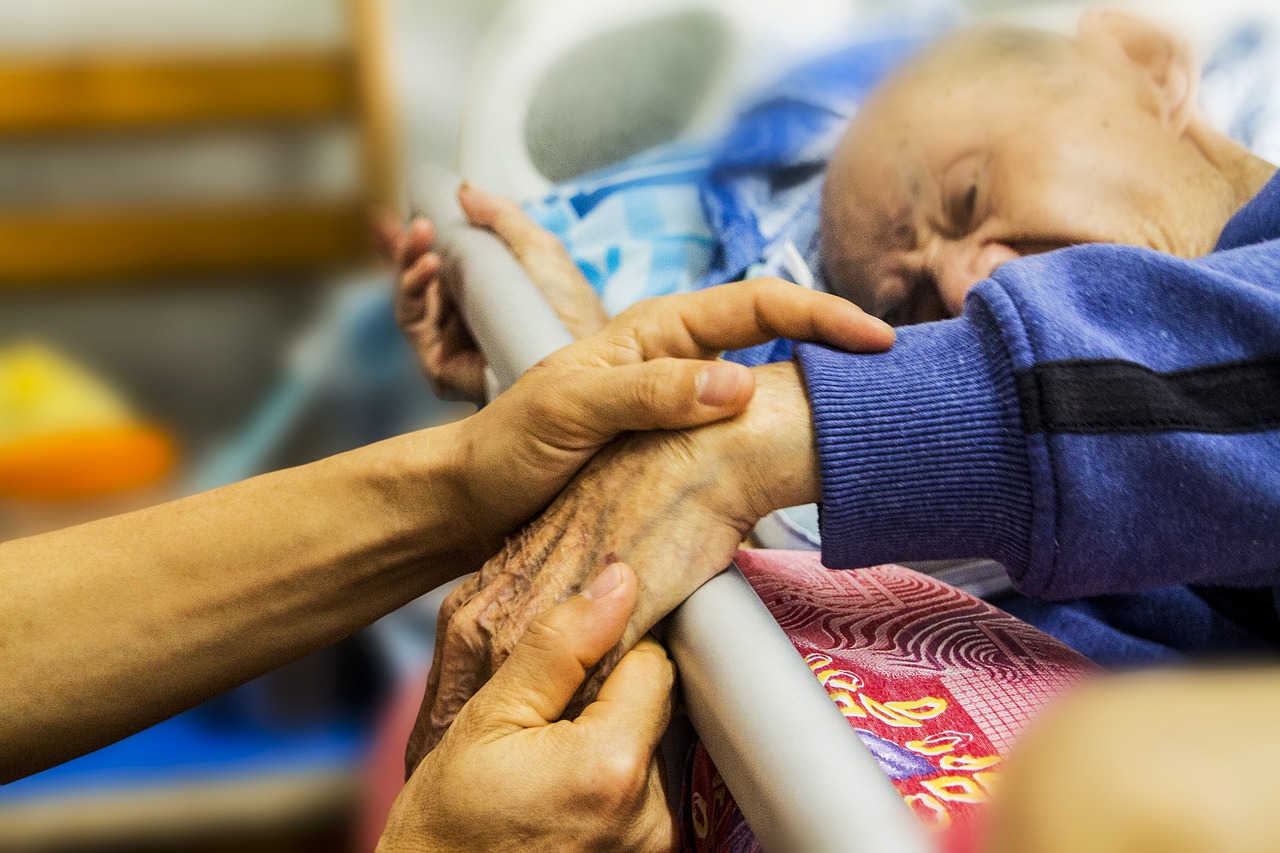What are the Effects of a Stroke?

A stroke is an interruption of the blood supply to the brain. A stroke occurs when a blood vessel is either blocked by a clot or if that blood vessel bursts.
The effects of a stroke can vary greatly depending on the type of stroke, the severity, the location, the number of strokes, and the amount of time before treatment is received. The brain is a complex organ. Each part of the brain controls a different function of the body. When an area of the brain is affected by a stroke, it may cause damage that affects the normal function of that area.
How is the brain divided?
The brain is divided into three main areas. These areas are:
- Cerebrum (the right and left sides of the brain)
- Cerebellum (the top and front of the brain)
- Brainstem (the base of the brain)
Depending on the area where a stroke occurs, the effects can be very different.

What are the effects of stroke in the cerebrum?
The cerebrum is the largest part of the brain. It is composed of the right and left hemispheres and is responsible for the higher function activities of the brain including reason, planning, memory, and use of the five senses of taste, touch, hearing, vision, and smell. If a stroke occurs on one side of the brain, the opposite side of the body will be affected.
Effects of Stroke in the Left Brain:
- Paralysis on the right side of the body
- Speech and language problems
- Memory loss
- Difficulty learning new information
- A slow and cautious behavior style
Effects of Stroke in the Right Brain:
- Paralysis on the left side of the body
- Vision problems
- Difficulty with perception including determining distance, size, and speed
- Memory loss
- Development of an impulsive behavior style

What are the effects of stroke in the cerebellum?
The cerebellum is below and behind the cerebrum towards the back of the skull. It helps with coordination, balance, muscle control, and fine movement. Effects of stroke in the cerebellum include:
- Dizziness
- Inability to walk
- Problems with coordination and balance
- Headache
- Nausea and vomiting
What are the effects of stroke in the brainstem?
The brainstem is at the base of the brain. It controls many vital functions of the body including breathing, the heartbeat, and blood pressure. It also assists in controlling the nerves related to hearing, speech, eye movement, chewing, and swallowing.
The effects of a stroke in the brainstem include:
- Trouble breathing
- Trouble with maintaining a heartbeat
- Balance and coordination
- Weakness or paralysis
- Body temperature control
- Vision problems
- Chewing, swallowing, and speaking
- Coma
What do you do after a stroke?
Depending on the type and location of a stroke, the effects can include physical, emotional, and memory issues. Some of these can improve with time and rehabilitation. For more severe strokes, treatment is available to help manage the patient’s symptoms, including hospice care.
To learn more about how Crossroads Hospice & Palliative Care helps patients and their families deal with the effects of a stroke, please call 1-888-564-3405.
If you found this information helpful, please share it with your network and community.
Copyright © 2019 Crossroads Hospice & Palliative Care. All rights reserved.




